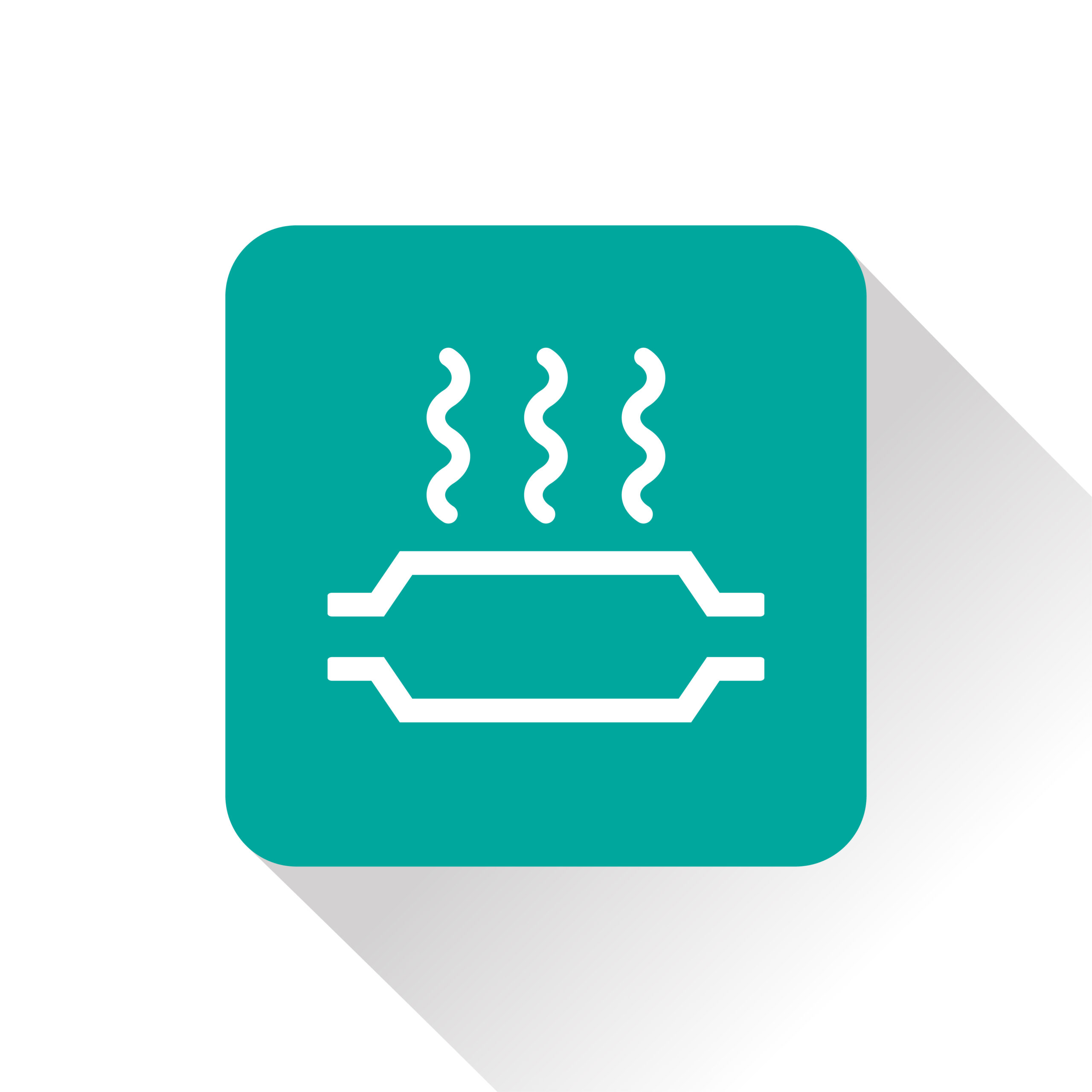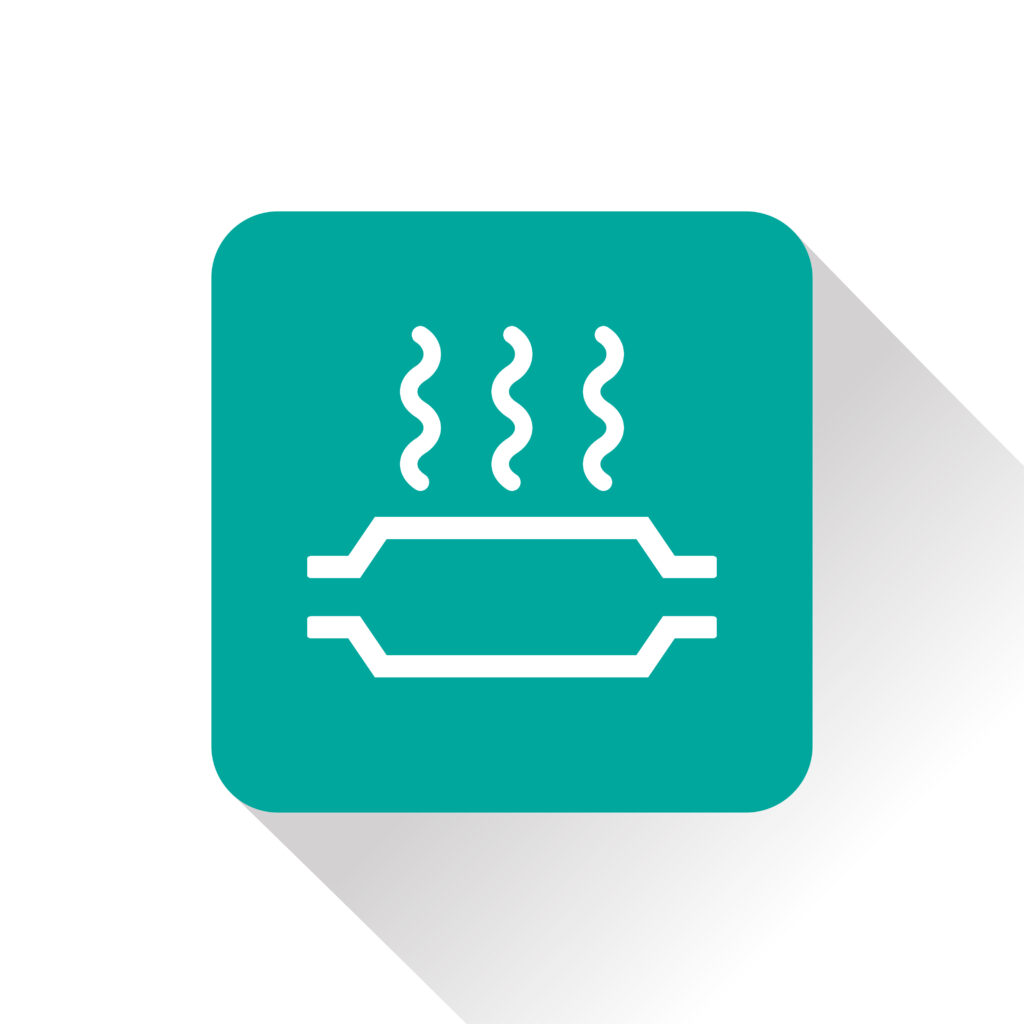 Bosal Automotive & Industrial Components, one of the world’s major suppliers of complete exhaust systems, offers Garage Wire readers some key maintenance and care tips for catalytic converters.
Bosal Automotive & Industrial Components, one of the world’s major suppliers of complete exhaust systems, offers Garage Wire readers some key maintenance and care tips for catalytic converters.
DO . . .
- Use the correct fuel and oil for the customer’s car – it will prevent damage to the cat. Believe it or not, at least 150,000 people mistakenly put the wrong fuel into their vehicles each year – that works out at one every three and a half minutes!
- Ensure the car is regularly serviced to the vehicle manufacturers’ specifications – in particular, make sure the engine is running correctly. The cat will not convert if the engine is inadequately tuned. Poor engine maintenance can cause the monolith to break down, melt or become covered in soot.
- Inform your customers that parking over long grass or anything similar is a no-no. The catalytic converter can actually set the grass on fire as it operates at such a high temperature!
- Also make customers aware of driving carefully over speed humps as their exhaust system can easily be grounded, which could then cause impact damage to the cat. This can cause cracks in the ceramic monolith which will end up in the cat brick breaking apart.
DON’T . . .
- Use a fuel additive without first reading the instructions to find out if it is compatible with a catalytic converter. Consult the manufacturer of the additive if there’s any doubt..
- Attempt to bump start or tow the car. The monolith can overheat and melt as this causes unburned fuel to be injected into the catalytic converter.
- Apply exhaust paste in front of a catalyst when fitting. Exhaust paste can break off in chunks and damage the monolith when it hardens. Paste dust can also block the monolith. Exhaust paste also contains silicone which will poison the cat.
- Tow anything that is too heavy for the vehicle to cope with. If, for instance, a caravan is overloaded, the extra weight will push a car along when it travels downhill. This can cause the monolith to overheat and melt, as it sends unburned fuel into the exhaust system.
Bosal Exhausts: OE competence for the aftermarket
- All manufacturing plants are TÜV certified to ISO/TS16949 OE quality standards
- All products are type approved in accordance with the
- European directive for replacement silencing systems 70/157
- One to one exchangeable with OE parts
- First-class fit first time
- Proven quality performance over the product life cycle
For more information, interviews or images please contact:
Claire Brown or Kimberley Hornby, Hornby Whitefoot PR
Tel: 07787 505963 E-mail:claire@hornbywhitefootpr.co.uk
Tel: 01858 681122 E-mail: kimberley@hornbywhitefootpr.co.uk

